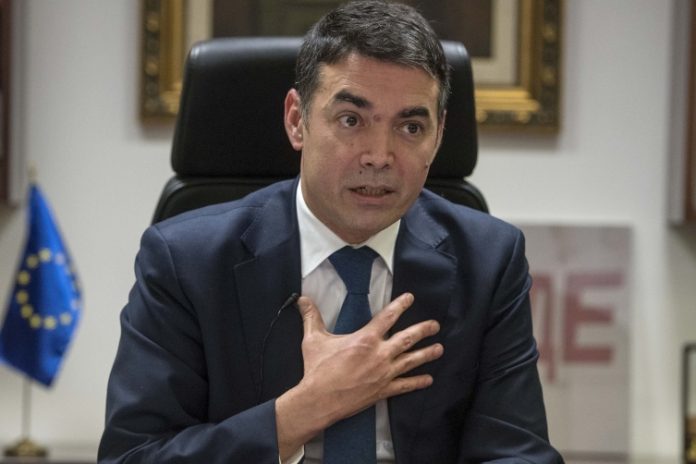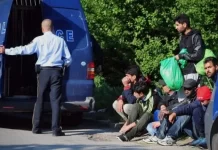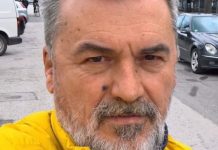Foreign Minister Nikola Dimitrov told Telma TV’s “Top Tema” that language is not an issue of recognition by states and no one can deny the right to self-determination and self-expression in the 21st century, especially in Europe.
“The 1999 political declaration – Macedonian language in accordance with the Constitution and Bulgarian language in accordance with the Constitution – is used as a language clause in all bilateral agreements. It is also part of the Friendship Treaty. Bulgaria refers to the language clause existing in bilateral relations and it is important to explain it is fully symmetrical and reciprocal. Both languages have the same position in communication,” says Dimitrov.
He says the Macedonian identity and language cannot be negotiated, especially after the signing of the Prespa Agreement, but also because Macedonia cannot give up on those two essential aspects.
“We need both the Macedonian language and the Macedonian identity. They cannot be negotiated, especially after the Prespa Agreement that has closed the process of our UN accession. Our identity card in the UN incorporates, among other things, the Macedonian language. A language is not an issue of recognition by countries. In international law, states recognize other states and governments. But in 21st-century Europe one cannot deny the right of self-expression and self-determination. The Macedonian language is our business,” says Dimitrov.
He also refers to the first intergovernmental conference, which requires Bulgaria’s consent as an EU member.
“All EU-level political statements refer to the European values. It would be unthinkable if the process of European integration is some kind of an identity challenge for a country that is part of Europe. We have been a candidate for 15 years, we got the ‘green light’ on March 26, with the support of Bulgaria, which presented its viewpoints on the issue in the minutes of the meeting. Our task is now to come to an understanding that one cannot touch something sacred – language and identity – and to build a joint future. Moreover, the shared history should not divide us but bring us closer. It will be very hard, it will require a lot of work and wisdom. It is impossible to build friendship if you challenge the neighbor’s identity. If Bulgaria’s long-term objective is to be close with North Macedonia, this current challenge moves us further away,” says Dimitrov.



